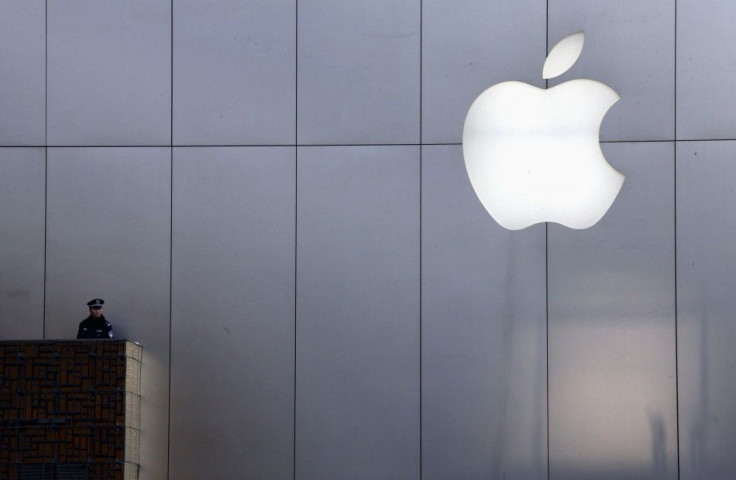New York Tech Jobs Grow as American Middle Class Shrinks
New York Web Column

Move over Wall Street. New Yorkers will be looking to the technology sector to provide jobs during 2012, at least, if office rental statistics are any indication.
According to a report on Manhattan's office market conducted by Cresa, an international corporate real estate firm, the financial services industry is shedding jobs while technology and media are expanding.
Despite earning record profits, the local financial services community continues to shed jobs, says the Cresa report. The NYC Comptroller recently estimated that the financial services industry is set to lose 10,000 jobs in New York City.
In complete contrast, the technology and media industries are expected to continue to grow and expand in the city...The sector has added 20,000 jobs in the last five years and has seen major companies such as Google and Facebook establish regional centers in the city.
The Cresa report notes that the leasing activity in Midtown South is particularly active. By and large, firms are consolidating the amount of space needed to run their business, and they're using technology to further that initiative. Midtown South, not Downtown or Midtown North, is where Cresa expects the most leasing activity from tech companies.
Cresa released the leasing report against the backdrop of a New York Times article that uses Apple Inc. (NASDAQ:AAPL) as a case study about why it's so difficult for companies to create middle class jobs in America. The popular consumer electronics company became one of the most valuable companies in the world last year, earning a market cap nearly as valuable as other blue chips such as Exxon Mobil Corporation (NYSE:XOM) and General Electric (NYSE:GE).
The story is critical of the production jobs that are consistently shipped overseas, and in the case of the Apple iPhone, take place across several countries. The story notes that President Barack Obama once invited Silicon Valley's top luminaries to the White House for dinner. At the dinner, Obama asked Steve Jobs, founder of Apple, what it would take to make iPhones in the United States. Jobs reportedly told the president that those jobs would never be coming back to the United States. The Times report notes that all 70 million iPhones, 30 million iPads and 59 million other products that Apple sold in 2010 were manufactured overseas.
But while Apple is far from alone, it offers a window into why the success of some prominent companies has not translated into large numbers of domestic jobs, write the authors of the Times piece. What's more, the company's decisions pose broader questions about what corporate America owes Americans as the global and national economies are increasingly intertwined.
One example used in the article concerns a Chinese factory and a last minute decision made by a former Apple executive. Apple had redesigned the iPhone screen just weeks before the device was due to hit shelves. When the decision was made, new screens were immediately shipped to the Chinese factory and a foreman at the factory assembled roughly 8,000 workers living in the company's dormitories. Each assembly line worker was given a biscuit and a cup of tea and began assembling the new iPhone.
While products like the iPhone may never be built in the United States again according to Steve Jobs, the idolized founder of Apple was reported to be far from worried about the future of America. He did, along with other entrepreneurs, suggest that the government reform visa programs.
Harvard Economist Lawrence Katz also remained optimistic about America's future: New middle-class jobs will eventually emerge, he told the Times. But will someone in his 40s have the skills for them? Or will he be bypassed for a new graduate and never find his way back into the middle class?
© Copyright IBTimes 2025. All rights reserved.





















